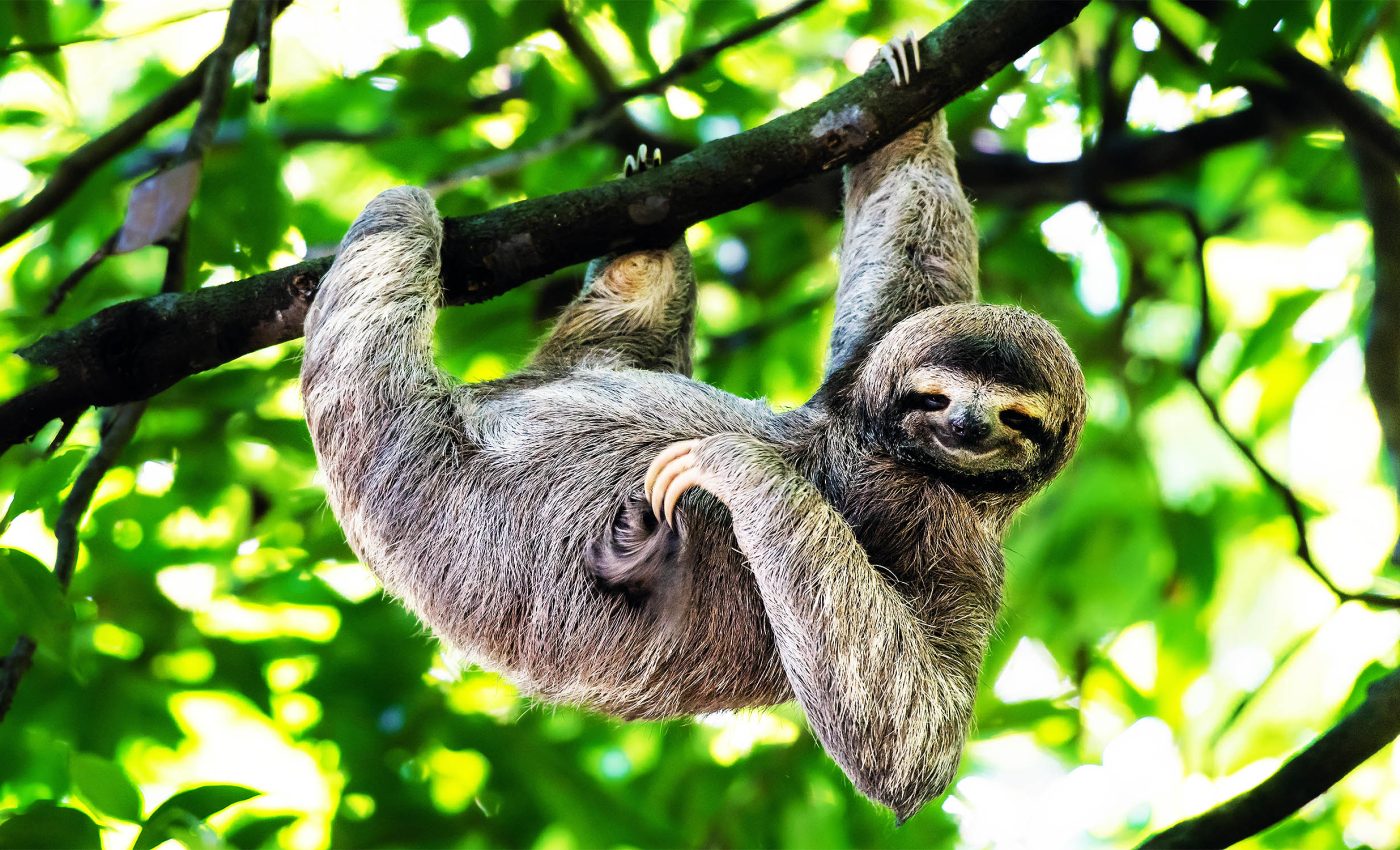
Climate change is altering the temperature in 66% of tropical forests
Our climate is changing, temperatures are rising, and research reveals that it’s affecting two-thirds (66%) of the Key Biodiversity Areas (KBAs) in Earth’s tropical forests.
Sounds worrying, right? These KBAs are critical spots on our globe that harbor and nurture various species along with their habitats.
This profound study analyzed three decades of temperature conditions tucked beneath the forest canopies in these world-wide tropical KBAs.
Shift in KBA temperature
The results might raise your eyebrows. A whopping 66% of these tropical KBAs have started flirting with new temperature regimes.
That means over 40% of the temperature measurements now fall outside the range previously recorded there.
Meanwhile, the remaining 34% of these locations still enjoy their old temperature regimes. These places could turn into crucial hideaways for biodiversity, the researchers conjecture.
Biodiversity in tropical forests
The research, published right on the heels of the United Nations Biodiversity Conference (COP16) in Colombia, sheds some light on this critical matter.
“Beneath the canopy of tropical forests, a wealth of biodiversity exists in a very stable climate,” said Dr Brittany Trew, from the Environment and Sustainability Institute on Exeter’s Penryn Campus in Cornwall.
“As such, species there are at particularly high risk from new annual temperature regimes because they have evolved under a narrow range of conditions. They may only be able to tolerate a small margin of warming above what they’re used to.”
Call to action in KBAs
Dr. Alexander Lees, a biodiversity expert at Manchester Metropolitan University, took a firm stand.
“The amount of political and economic capital dedicated to safeguarding biodiversity is woefully inadequate,” Dr. Lees explained.
“Our findings show that the painful process of conservation triage — selecting new protected areas — must therefore consider the impact of ongoing climate changes on those sites in prioritization assessments,” he continued.
The Post-2020 Global Biodiversity Framework is one step towards acknowledging this problem. It proposes to conserve at least 30% of the global land area by 2030, with a special emphasis on our precious KBAs.
Loopholes in protection
Here’s another nugget of truth — KBAs do not automatically receive formal protection. That decision rests with the national governments in those respective locations.
This research uncovers that, among the 34% of tropical forest KBAs not yet facing new temperature regimes, over half currently fall short of protection.
Dr. Trew presses on the need for ‘climate-smart’ policies to safeguard these valuable refuges.
Global outlook
To capture the ground reality on tropical biodiversity, researchers made use of temperature measurements, satellite data, and a microclimate model.
The change is more apparent in some regions than others. It’s pretty high in Africa and Latin America, with 72% and 59% of KBAs entering new temperature regimes. Asia and Oceania have shown a lower shift, with only 49% of KBAs experiencing the transition.
A minor percentage of KBAs in Latin America and a few in Asia and Oceania have almost fully embraced the new temperature regimes.
In Latin America, these crucial areas sprawl across Ecuador, Colombia, Venezuela, and Panama, with the tropical Andes feeling the heat.
Local communities and KBA protection
Local communities play an instrumental role in the stewardship of Key Biodiversity Areas (KBAs).
These communities, often residing in or near tropical forests, possess invaluable traditional knowledge and practices that can contribute to effective biodiversity conservation strategies.
Their involvement in conservation initiatives ensures that protective measures are culturally relevant and sustainable.
Collaborations between local communities, scientists, and policymakers can foster a more inclusive approach to safeguarding KBAs, empowering those who are most affected by environmental changes to participate actively in decision-making processes.
Tropical biodiversity conservation
Innovative solutions are crucial in addressing the challenges posed by emerging temperature regimes and ensuring the protection of biodiversity.
Technological advancements, such as remote sensing and machine learning models, can enhance our ability to monitor and predict changes within KBAs with increased precision.
Moreover, global networks and partnerships can facilitate the exchange of knowledge and resources needed to implement adaptive management practices.
By embracing both cutting-edge technologies and integrative conservation approaches, we can develop robust strategies that balance ecological preservation with the needs of society, driving forward a sustainable future for tropical forests and their irreplaceable ecosystems.
The future of KBAs in tropical forests
Now that we know the temperature beneath our tropical canopies is undergoing a significant upheaval, the question remains: What do we do about it?
This study is more than just a collection of statistics – it’s a stepping stone towards proactive conservation efforts and climate-smart policies.
The shift in temperature regimes may be invisible to our eyes but has a profound impact on our KBAs and the species they house. The ball is now in our court!
The study is a timely reminder for us to align our actions with the needs of our planet. As we forge ahead, the hope is to strike a balance between human progress and the wellbeing of our natural world.
—–
This research was spearheaded by leading brains from the University of Exeter, Manchester Metropolitan, and the University of Cambridge.
The study is published in the journal Conservation Letters.
—–
Like what you read? Subscribe to our newsletter for engaging articles, exclusive content, and the latest updates.
Check us out on EarthSnap, a free app brought to you by Eric Ralls and Earth.com.
—–













